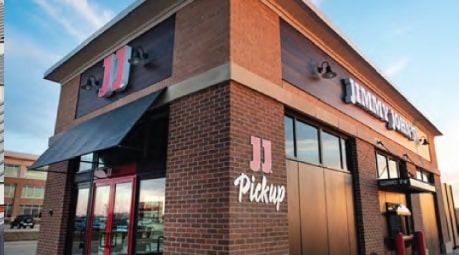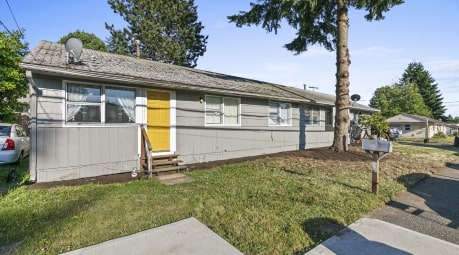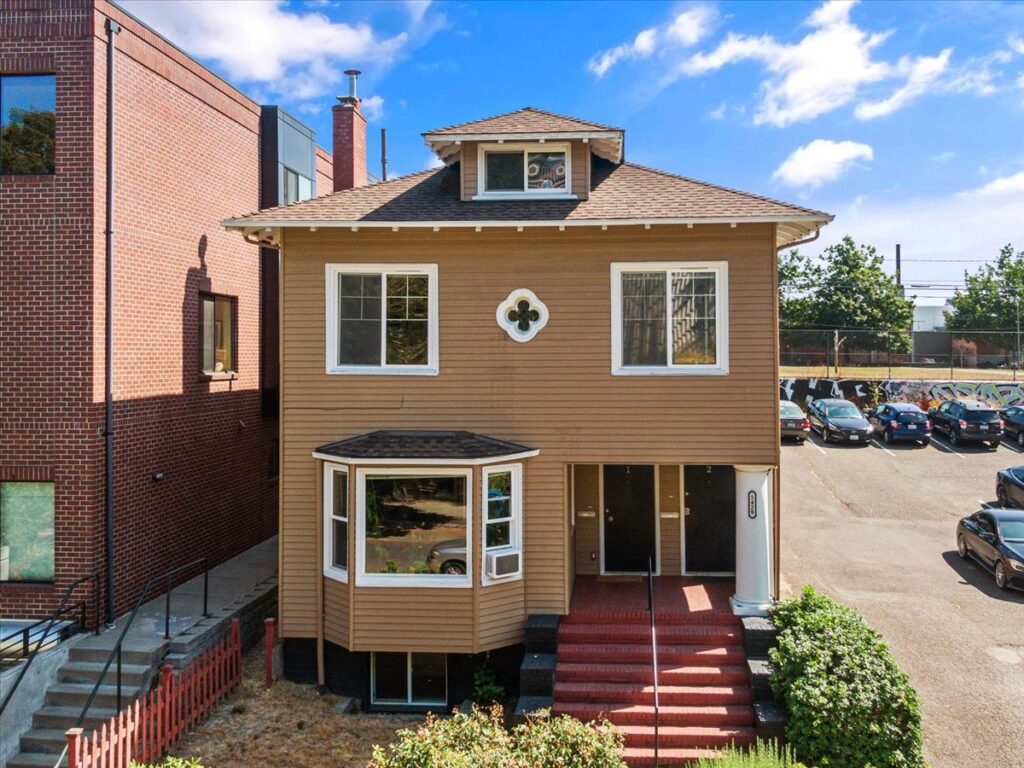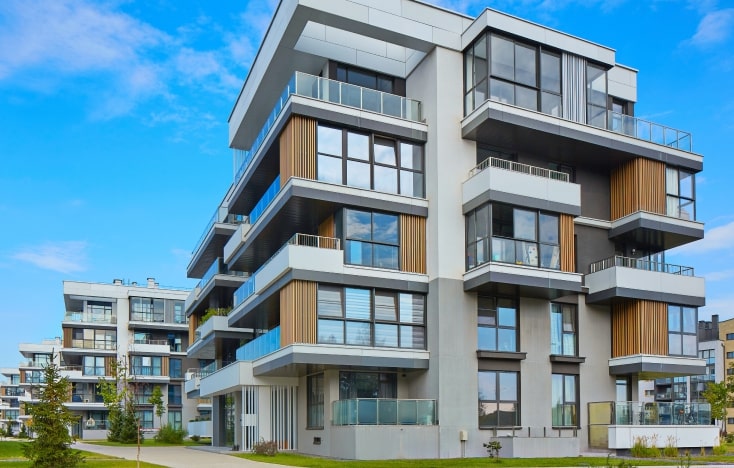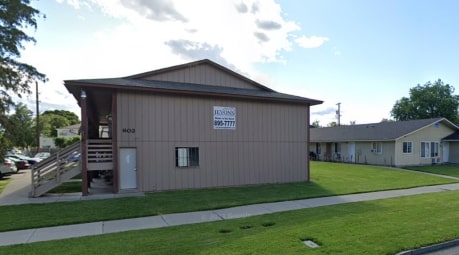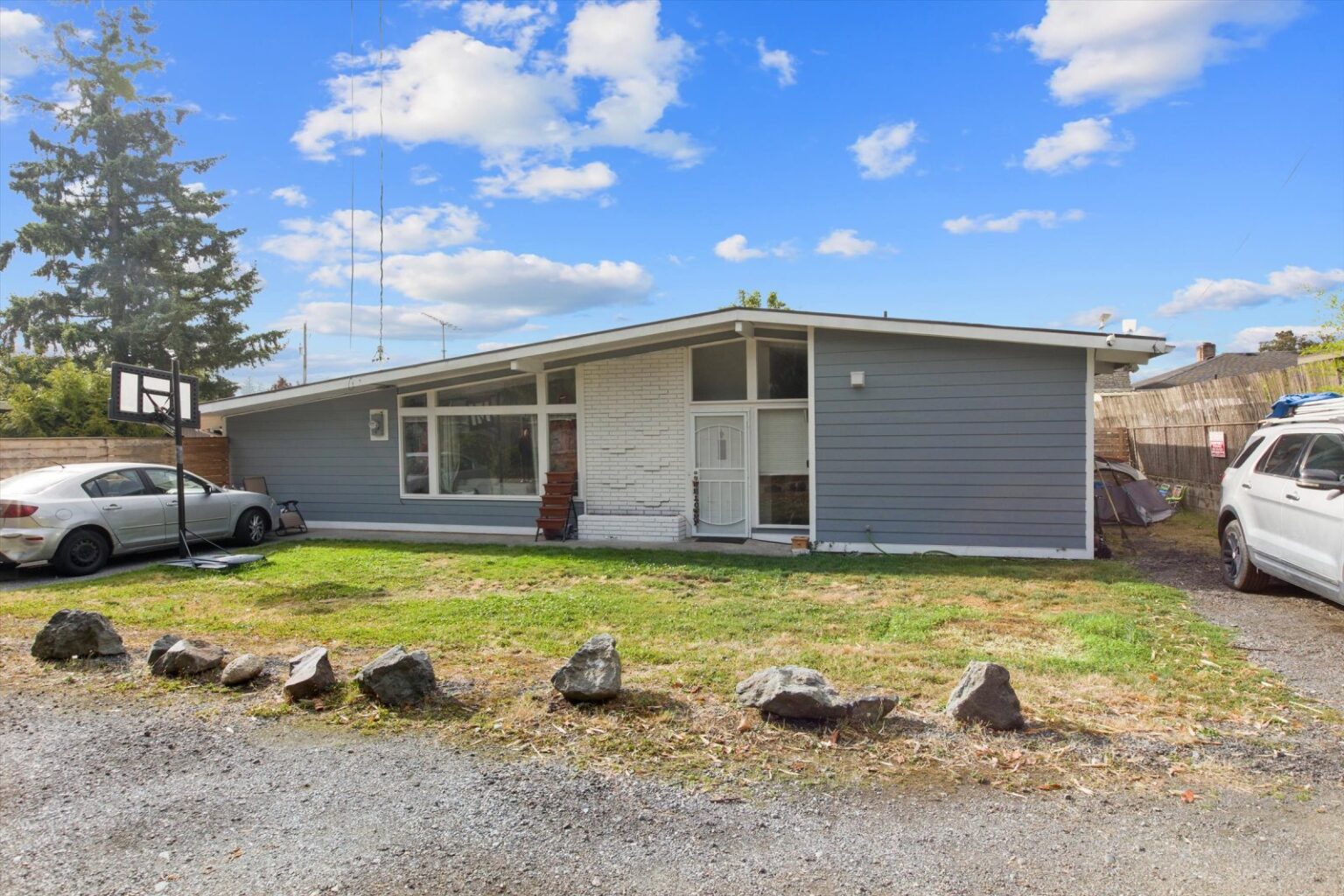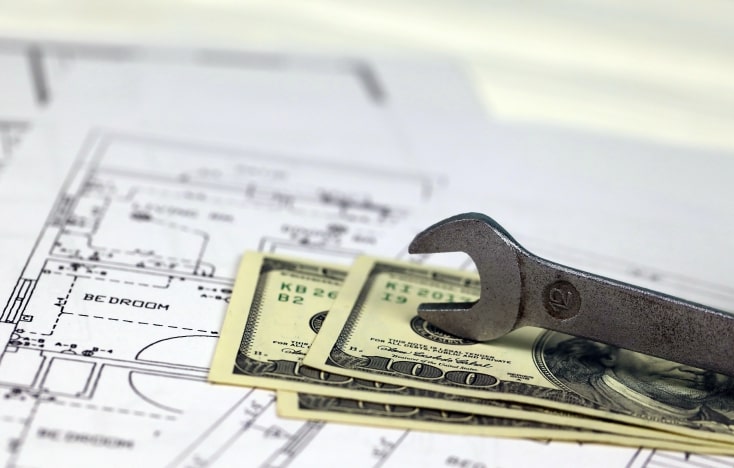Why are Cap Rates Important?
Cap rates provide investors with two key insights:
Return on Investment: It gives you an idea of the property’s income potential, irrespective of how the property is financed (e.g., without considering mortgages or taxes).
Risk As...
The Simple Formula for Calculating Cap Rates
To calculate the cap rate, divide a property’s Net Operating Income (NOI) by its current market value. Here’s the formula:
Cap Rate = Net Operating Income (NOI) ÷ Current Market Value
For example, if a property generates $100,000 in ...
How Cap Rates Help You Evaluate Investment Properties
Cap rates are an essential tool in several areas of real estate investment:
Property Valuation: They offer a quick way to compare properties based on their income-generating potential.
Investment Recovery: A higher cap rate oft...
Cap Rates vs. Gross Rent Multiplier (GRM): Key Differences
While both cap rates and the Gross Rent Multiplier (GRM) are used to assess properties, they differ significantly:
GRM: This metric divides the purchase price by the total rental income, but it doesn’t factor in operating expenses.
...
What’s a “Good” Cap Rate for Investment Properties?
The ideal cap rate depends on several factors, such as:
Location: Prime, high-demand areas tend to have lower cap rates due to their stability.
Property Type and Condition: Newer or well-maintained properties typically have lower ca...
Final Thoughts on Using Cap Rates
Cap rates are a useful starting point for evaluating investment real estate. They provide a snapshot of potential returns and risks, but should always be used in conjunction with other financial metrics and a deeper analysis of the property’s...
Operating Expenses in Multifamily Investment
Operating expenses refer to the ongoing costs associated with the management, maintenance, and operation of a multifamily property. These expenses are necessary for the property’s day-to-day functioning and are subtracted from the rental inco...
Repair and Maintenance
Repair and maintenance expenses cover the costs of fixing or maintaining common property issues. This includes repairs to appliances, plumbing (e.g., toilets), lighting, and other small-scale maintenance tasks.
Note that major capital expend...
Contract Services
Contract services include essential, recurring services that support property operations. These can involve external providers for services such as snow removal, pest control, internet installation, and janitorial work. These are typically hand...
Landscaping and Grounds Maintenance
Landscaping and grounds maintenance expenses are typically ongoing costs related to maintaining the exterior of the property. This includes mowing, trimming, seasonal clean-up, and potentially snow removal. Since these tasks are usually contrac...


